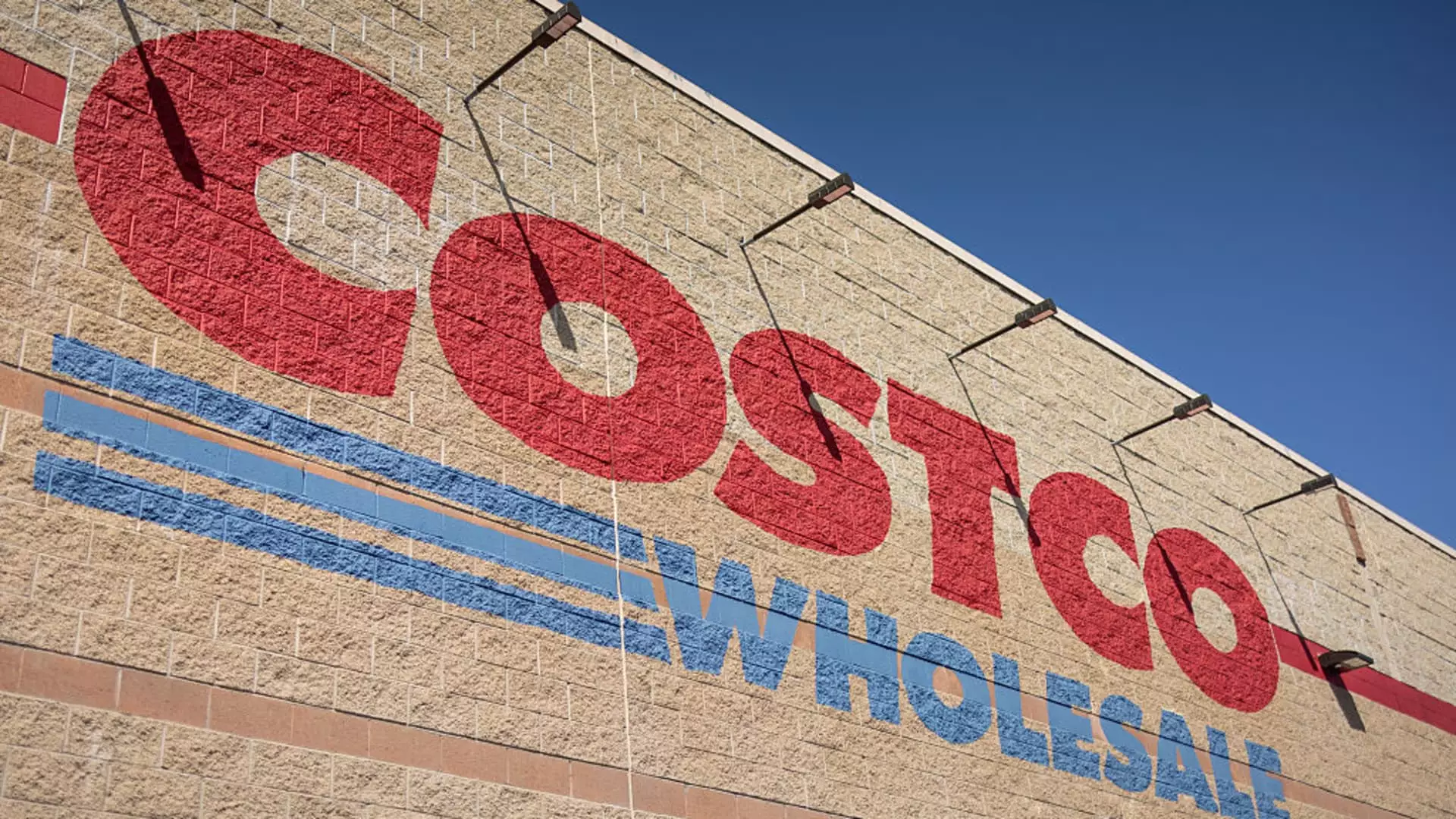Every week, the stock market reveals subtle yet telling patterns—insider moves that serve as a barometer for underlying corporate confidence or concern. When company executives unload millions of dollars worth of their own shares, it’s often dismissed as routine or prearranged, but beneath the surface, these movements can betray cracks in a company’s foundation. The recent flurry of substantial insider sales, especially from high-ranking officials at major corporations like Heico, AeroVironment, and Morgan Stanley, demand a more critical eye. Are these seasoned insiders simply cashing in on recent gains, or are they subtly signaling a more ominous narrative—one of doubts about future performance?
The temptation for investors is to see these sales as mundane liquidity events, but the pattern emerging suggests a need for skepticism. For instance, Heico’s executive chairman Laurans Mendelson sold nearly $18 million worth of shares at a time when the company’s stock hit new highs after rallying 37% over three months. Similarly, AeroVironment’s CEO cashed out over $4.5 million amid a 90% spike. Such large transactions, occurring just as stocks approach record levels, should raise alarms about whether insiders are warning us about anticipated headwinds or overvalued markets. Given the high stakes, dismissing these indicators as insignificant overlooks the potential for insider sentiment to foretell a downward correction.
Are Insiders Losing Confidence or Playing a Game?
Often, sales by insiders are dismissed as pre-planned, routine asset management. However, when multiple executives across different sectors—ranging from aerospace to finance—simultaneously offload shares, it hints at a deeper political and economic calculus. Morgan Stanley’s CFO and senior bank officials unloading millions amid record gains suggest a collective cautious stance. Such coordinated activity isn’t random; it reflects an internal consensus about the environment’s fragility.
Despite the exuberance in the markets—record highs, bullish narratives, and aggressive sector growth—these insider sales serve as a silent warning. It is worth asking whether these seasoned investors see signals that retail investors are missing: that a peak is imminent, leading to a correction. Could it be that insiders, armed with information they cannot publicly share, are subtly positioning themselves for a downturn? While some may argue that these are just strategic financial maneuvers, the pattern points toward an undercurrent of doubt seeped into the highest echelons of corporate leadership.
Market Overconfidence Meets Reality
A central concern is the disconnect between bullish market trends and the underlying corporate health. Despite recent record-highs, the broad economic signals are less convincing. Bubbles are fragile, and insider selling acts as a psychological jolt—a reminder that even in times of euphoria, caution is warranted. The fact that companies like Johnson & Johnson and Paychex see insiders offloading sizable holdings while their share prices inch higher suggests a divergence between perception and reality.
It’s tempting to interpret these sales as strategic portfolio management or liquidity needs, but in a broader context, they highlight a possible shift in confidence. When insiders, who theoretically have the most accurate information about their companies’ prospects, are reducing their holdings at key moments, it signals a need for caution. Markets are often driven by sentiment and momentum, but insider activity can act as a contrarian indicator, warning retail investors not to ignore the warning signs flashing just beneath the surface.
A Call for Skepticism in a Bullish World
In an environment filled with optimism—new highs, sectoral booms, and seemingly abundant liquidity—insider sales should be viewed with a critical eye. They are not merely personal financial decisions; they reflect deep-seated professional judgments about the future. To dismiss these signals as mere routine activity is to ignore a vital check against irrational exuberance. Investors should consider the significance of these transactions—especially when multiple insiders from diverse sectors are selling substantial portions of their holdings.
Liberal market proponents often emphasize transparency and confidence, but an overly optimistic outlook blinds us to the underlying risks. It’s essential to recognize that insider behavior often anticipates market turns. The aggregate of these sizeable cash-outs suggests we may be on the precipice of a market correction, or at the very least, a reassessment of valuations. While the market continues to roar ahead, the silent signs from the top suggest it’s wise to remain cautiously observant—because history often repeats itself when insiders signal a downturn ahead.

